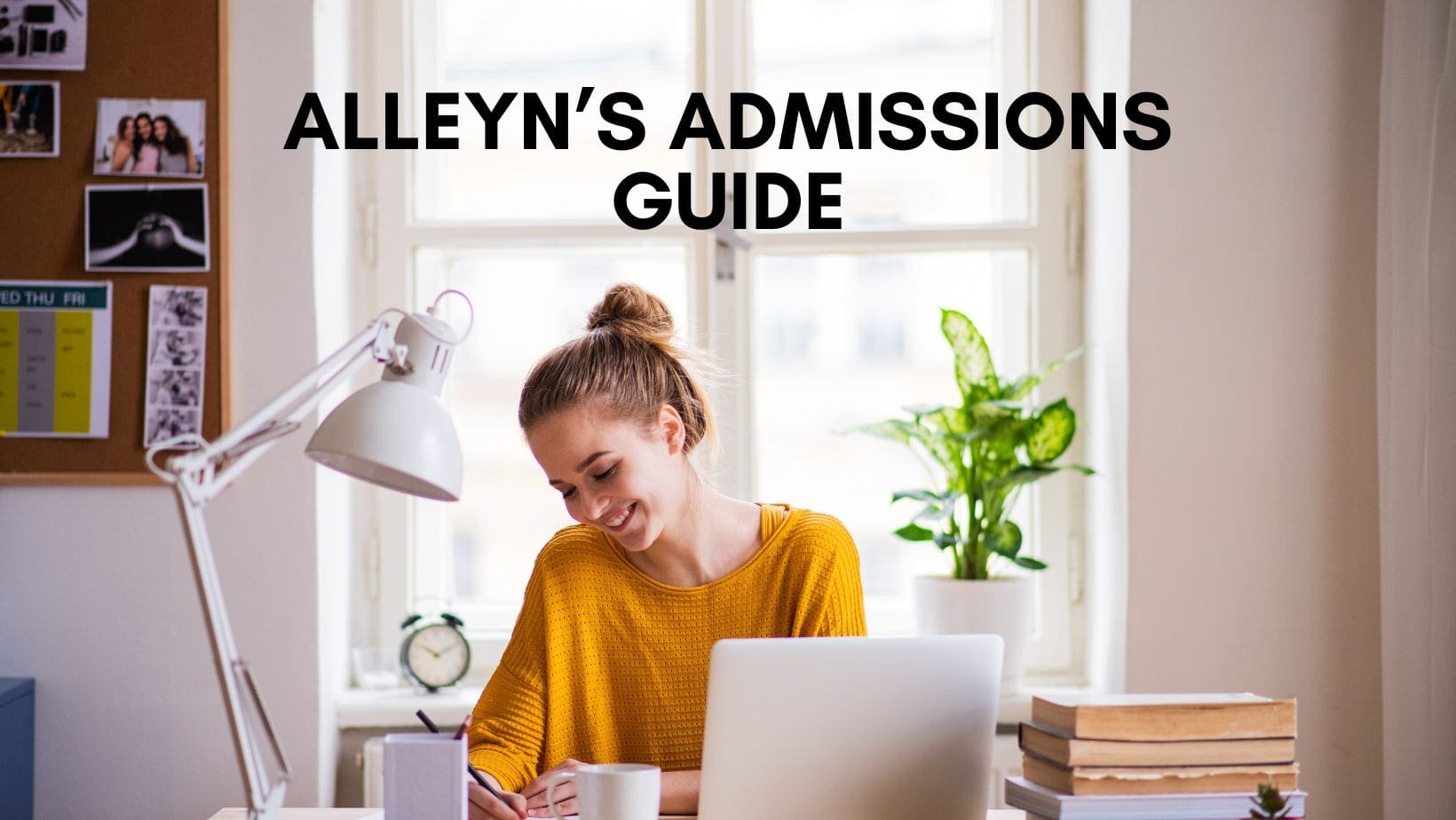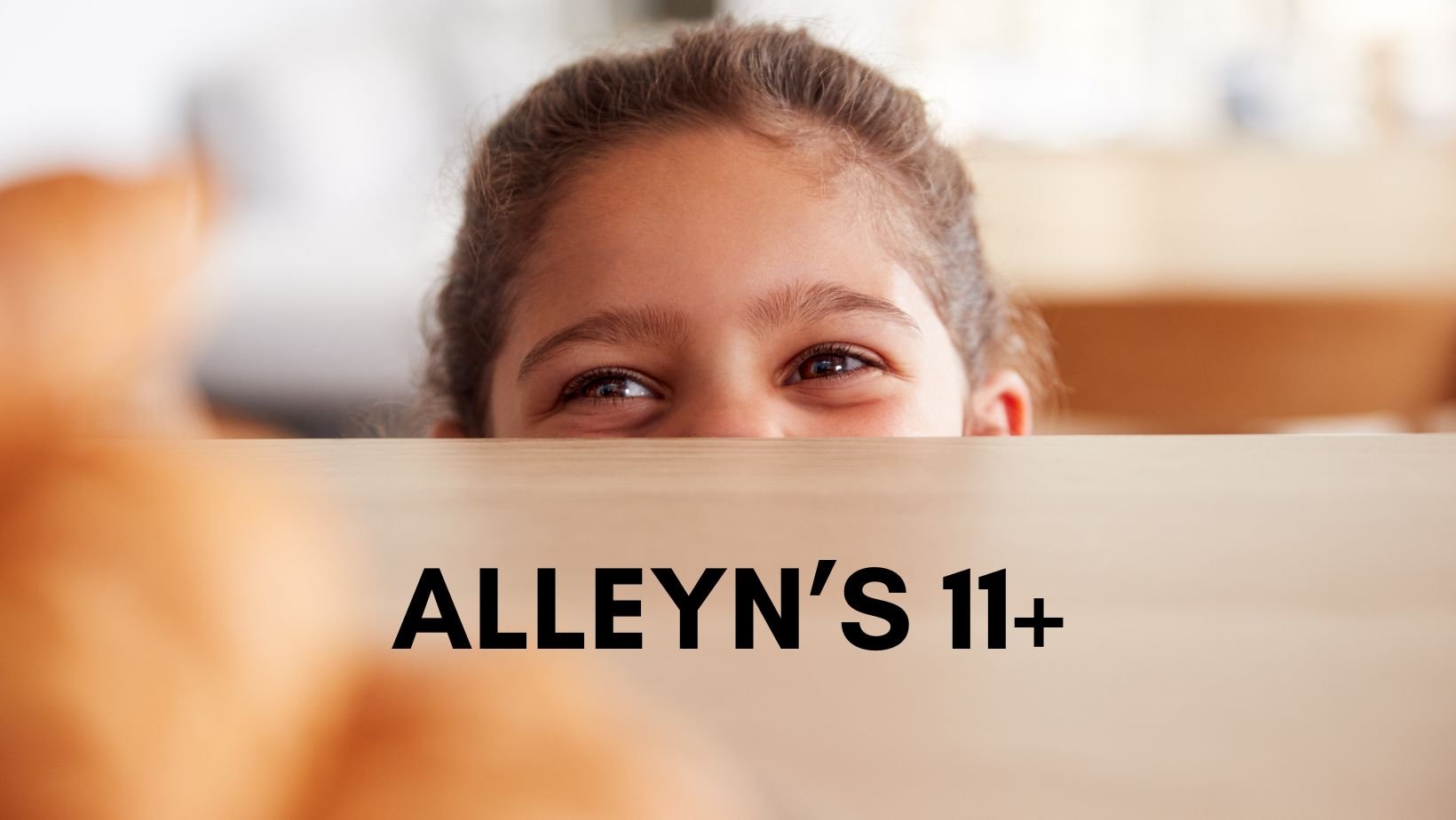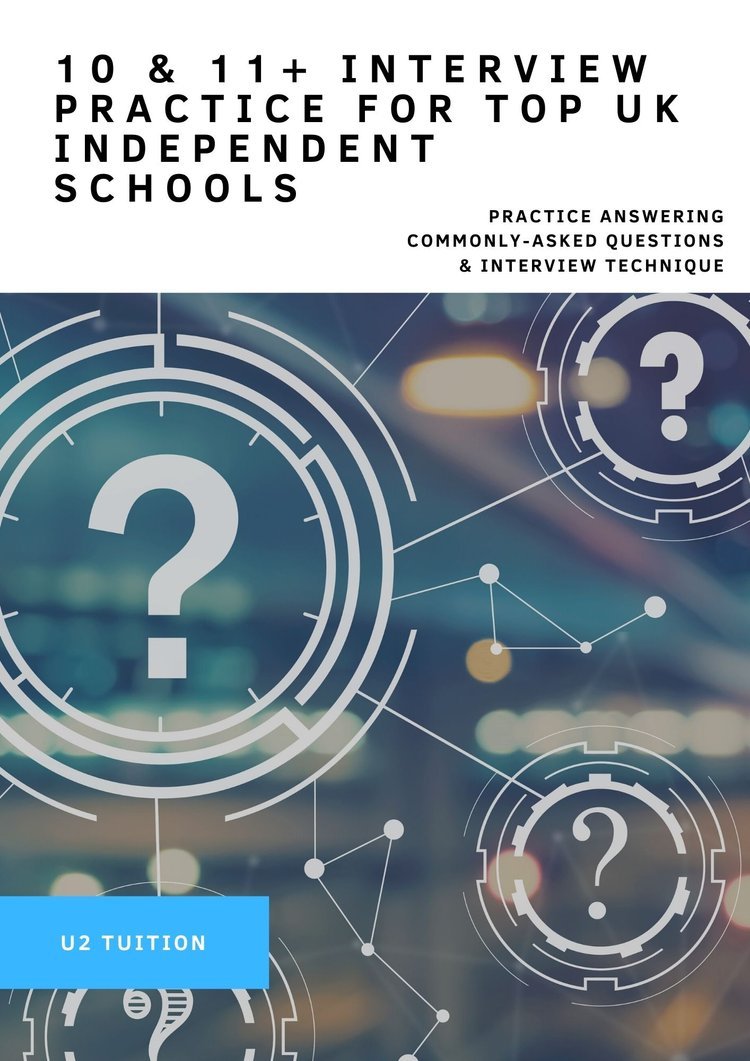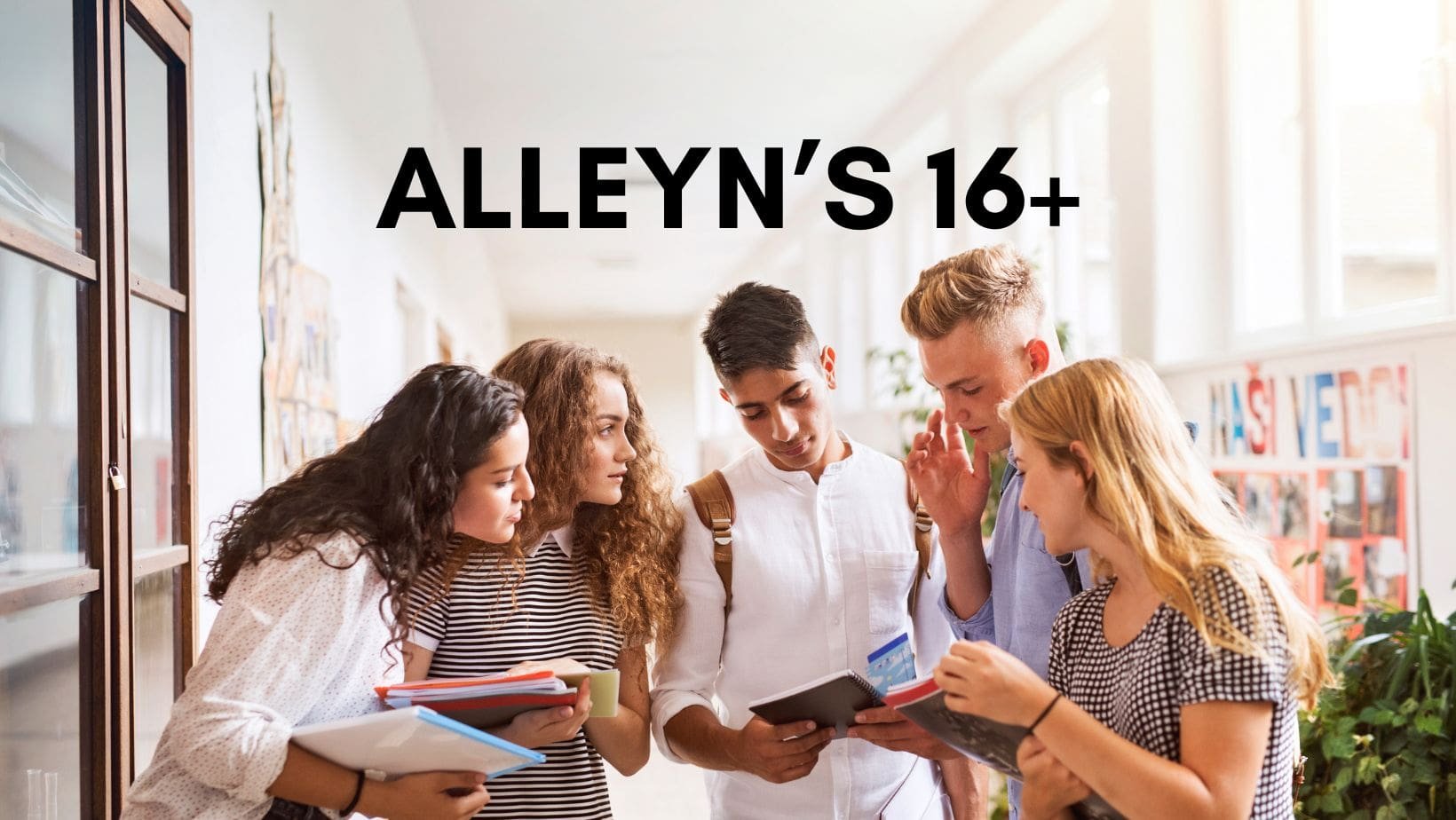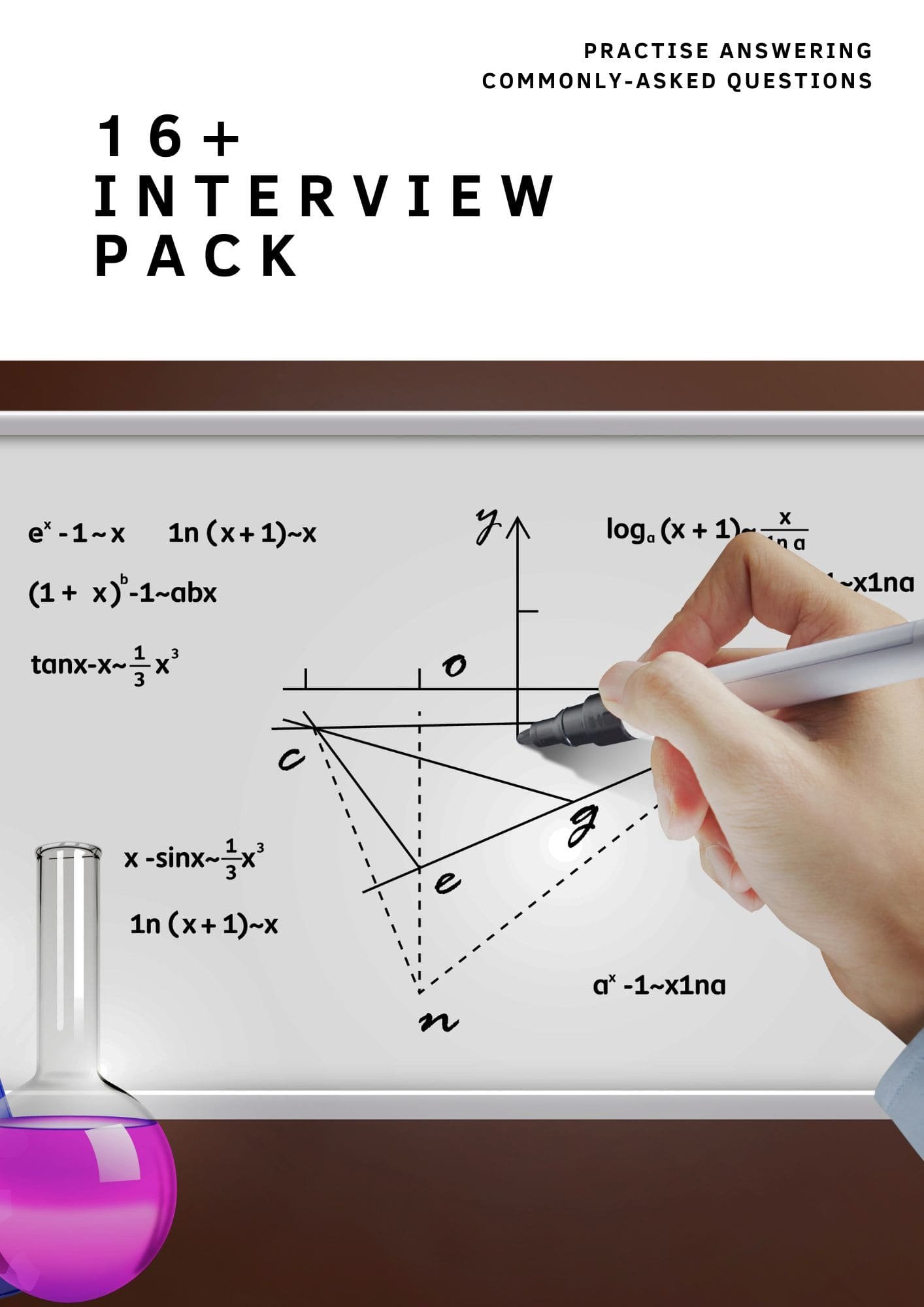Comprehensive Guide to Alleyn’s School Admissions: 11+ and Sixth Form Tips
Alleyn's Admissions: An Introduction
Alleyn’s School, founded in 1619 by Edward Alleyn, a renowned Jacobean actor, is a vibrant and inspiring co-educational school nestled in a leafy corner of south-east London. With a commitment to helping students become "all they can be," the school strives to create a supportive and encouraging community that inspires and shapes its students, preparing them to go out in turn and shape the world.
Students at Alleyn’s are encouraged to contribute their talents and enthusiasm to a dynamic environment that values respect, opportunity, curiosity, courage, and kindness. The school believes in the importance of bringing joy to learning and discovery, with an impressive range of over 220 co-curricular options, including 60 weekly sports clubs and 40 musical ensembles, designed to help students find their passions and develop new skills.
If you’re looking to secure a place at Alleyn’s for your child, this guide is filled with helpful tips that break down the Alleyn’s admissions process for both 11+ and sixth form entry. Read on to find out key admissions dates, entrance exam tips and more.
Alleyn's 11+ Admissions
150 students join Alleyn’s in Year 7, with two thirds of these new students joining from a variety of state and independent schools. Applicants must attend the school for entrance exams and a follow up group activity and interview day to get a more holistic view of the student.
Here’s a helpful timeline for Alleyn’s 11+ admissions:
September: open days and taster afternoons, selection of dates
November: Deadline to register for Alleyn’s 11+ entry
End of November: Sports Scholarship assessment day
Early January: entrance exams sat at the school
End of January: Successful students are invited back to attend a group activity and individual interview.
Note that for Alleyn’s 11+ applicants do not need to sit the ISEB pre-test. The admissions process is designed to be accessible to students from all backgrounds, with papers in Reasoning, English and Maths.
For the Reasoning paper, students are tested on their verbal, non-verbal and spatial reasoning skills in a multiple choice format. We’ve dedicated a separate guide to the ins and outs of mastering non-verbal reasoning, so we recommend you take a look at that if you’re feeling a little stuck as to where to begin. Alleyn’s also recommends practising with the GL Bond books which are great for giving you an understanding of common verbal and non-verbal reasoning question types, though the Alleyn’s 11+ format will be different.
For the English paper, students will be asked to write a narrative or descriptive piece in response to a written stimulus, e.g. an extract from a work of fiction. They are being tested on both:
having a detailed comprehension of the written text
imagination and linguistic flair
For the former, students are actually offered hints about where to focus their reading of the text that could help them understand what are key details to include. For example, in the Alleyn’s 11+ past paper for English with an extract from Great Expectations, students are given the prompt:
Show that you have thought about:
the characters we meet in the passage
where the story is set
the way the writer uses language to bring his scene to life
In order to excel in the Alleyn’s 11+ English paper, time management is really important. We recommend spending 10 minutes reading the text and thinking about key details to include and leaving 25 minutes for writing.
For the Alleyn’s 11+ Maths paper, students are tested on National Curriculum topics, particularly numbers and algebra, shape space and measures, handling data. The paper is designed to be accessible so it shouldn’t include questions your child hasn’t already studied at school; however, that doesn’t mean content won’t be challenging or ask them to apply their knowledge to harder questions. You can view a sample Alleyn’s 11+ past paper for Maths here. The questions are a mix of multiple choice answers and longer questions that ask students to show their working.
Students who show potential in the Alleyn’s 11+ entrance exams will be invited back for a group activity and one-on-one interview in late January. At this point, the school is looking to get a more holistic picture of your child’s interests and enthusiasm for the school. It’s important that they’re able to talk about their academic interests but also the activities they enjoy outside the classroom and are able to turn these into an enthusiasm to get stuck in with the range of co-curriculars Alleyn’s has on offer.
For more tips to allow your child to stand out in the interview, see our 11+ interview guide here, or take a look at our bank of 11+ questions to give you lots of opportunities to practise with them.
If you’d like support with Alleyn’s 11+ admissions, take a look at our 11+ page to find the full range of ways we can support you. We offer everything from one-to-one tailored tuition to group summer courses to boost 11+ English and Maths skills. You can also get in touch to book a free initial consultation to discuss your needs.
Alleyn's Sixth Form Admissions
Around 40 students join Alleyn’s Sixth Form each year. When they join, they are placed into a House and are quickly involved in House activities to help them integrate into the year group. Applicants for Alleyn’s Sixth Form must sit four general papers before attending subject-specific interviews. Here’s a breakdown of the whole process.
Early October: Registration closes. Applicants must complete a personal statement as part of their application form
Early November: All applicants for Alleyn’s Sixth Form sit the entrance exams
Late November: Applicants who perform well in these tests are invited back to the school to attend interviews.
The assessment for Alleyn’s Sixth Form is unique, designed to be accessible to everyone and test skills that indicate suitability for life in Alleyn’s Sixth Form, not any specific subject content. All students sit three papers:
Quantitative reasoning
Qualitative reasoning
Critical writing
Alleyn’s Sixth Form recognises that not all papers are equally relevant for all students and will consider scores in the two most relevant papers. For example, if you are applying to study English, History and French, your quantitative reasoning score may be viewed as less significant by the admissions team.
While there are no sample papers available, we’ve curated some tips and advice to help you understand these papers and stand out.
Quantitative reasoning:
This paper consists of multiple choice questions which test mathematical skills. The paper is non-calculator and designed to be accessible to all students who have taken GCSE Maths, so it is not specific to any syllabus and does not require any self-teaching. A great way to prepare is reviewing GCSE questions on trigonometry, algebra and numerical problems and working through more examples of these.
Qualitative Reasoning
In the qualitative reasoning paper, students are given some short texts and data (e.g. graphs or tables) accompanied by multiple choice questions. These questions are designed to test student’s ability to analyse and respond intelligently to written information.
Critical Writing
Students are asked to write a short essay (one page) in response to a broad general question. They are not expected to have any prior knowledge to support their answer. Instead, the essay tests their critical thinking skills and ability to construct a convincing and intelligent argument. In the paper, they will be offered some details on how best to structure the essay.
Here are some practice questions for the critical writing paper:
Humans should never be cloned
Freedom of speech should have limits.
Capitalism is inherently unfair.
Meat consumption should be banned to combat climate change.
You may also be interested in some of our co-curricular clubs and activities run on our co-curricular division, Minds Underground. These are all designed to boost critical thinking skills, especially our weekly Debate club which is a great way for students to improve their analysis of arguments and strategic thinking, ideal for the critical writing paper. They are also a great way to show your enthusiasm to get involved in learning beyond the classroom and get stuck into life at Alleyn’s.
If successful in these papers, students will be invited to a general interview at Alleyn’s with members of the Upper School team to discuss motivation for the school and A Level subjects, as well as two academic interviews with teachers in the subjects. In these subject-specific interviews, students will be given a prompt or piece of information that forms the basis of the interview’s discussion.
If your child would like support preparing for interviews for Alleyn’s Sixth Form, we have a great team of tutors who have rich experience guiding students through the interview process for Alleyn’s and other top UK schools. Tutors can help students prepare for the interview format and hone their answers in order to show off their suitability for the school. Find out more.
If you’d like further advice on standing out in Alleyn’s Sixth Form admissions and securing a place, you might be interested in our 16+ Interview guide. This interview guide is filled with essential tips and a bank of 16+ interview questions to help you practice and go into the interview feeling more prepared.
Alleyn's Scholarships
There are a wide variety of Alleyn’s scholarships available at both 11+ and 16+ entry, worth up to £5000 per year. At 11+ entry, students can gain scholarships in academics, art, music, drama and DT, as well as the Alleyn’s sports scholarship for talented young athletes. At Alleyn’s Sixth Form, scholarships are offered for academics, performing arts and sports. Scholarships are not means-tested.
At all ages, the selection for Alleyn’s scholarships is via competitive assessment days. Students will generally be shortlisted after a first assessment day and invited to return to a follow up assessment day before scholarships are offered, dependent on being successful in all other areas of the Alleyn’s admissions process.
The school also offers means tested bursaries to all applicants.
How U2 Tuition Can Support with Alleyn's Admissions
At U2 Tuition, we provide comprehensive support for Alleyn's School admissions, tailored to your child's unique needs. Our expert tutors specialise in 7+, 11+, and 16+ entry, offering personalised guidance across all stages of the admissions process:
Entrance Exam Preparation: Targeted tutoring for English, Maths, and Non-Verbal Reasoning to build the skills needed for Alleyn's 11+ exams, and skills-based preparation for Alleyn’s Sixth Form entrance exams.
Interview Preparation: Mock interviews and bespoke feedback to help your child articulate their thoughts clearly, showcase their strengths, and demonstrate their enthusiasm for learning.
Co-Curricular Guidance: Expert advice to align your child's interests and achievements with Alleyn's holistic ethos. We also offer a variety of co-curricular activities through our Minds Underground platform.
We’re here to help your child shine in Alleyn's highly competitive admissions process. Contact us today to learn how we can support you.


